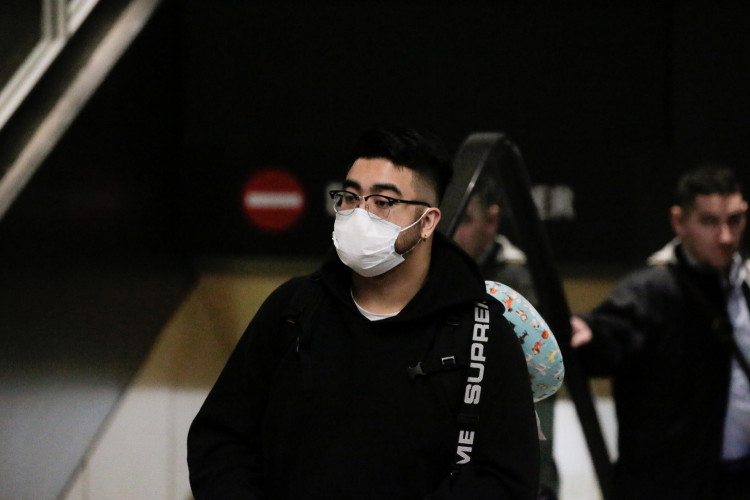Residents of Cebu, the Philippine "Queen City of the South," can now heave a sigh or relief after results from a new test conducted on a five-year old boy from Wuhan, China showed the patient is negative of the highly-contagious coronavirus.
A second swab test done on the boy a few days ago and sent to the Research Institute for Tropical Medicine yielded a negative result for coronavirus infection, the Department of Health in Central Visayas disclosed.
The negative findings followed a previous examination on the patient just days after he traveled from the central Chinese city. The second swab sample was immediately sent to the Research Institute for Tropical Medicine who found no traces of the viral infection.
The examinations conducted by the RITM in the Philippines is different from the blood sample and throat swab that health experts in the country are still awaiting from Australia.
During Thursday's press briefing, Van Philip Baton, medical officer of the Department of Health in Central Visayas, said the boy from Wuhan City no longer has fever, cough, and other symptoms linked with the virus.
Another swab sample from the patient has been sent to the RITM for confirmatory results. Local health authorities said that if the test yields a negative outcome again for coronavirus infection, the boy and his mother might be discharged from the hospital.
Authorities said the boy's mother, who works at the condominium where she and her son stayed, as well as health staff who have been exposed to him, have not showed any signs of coronavirus infection until now.
Health officials have disclosed earlier that the boy, who landed in Cebu City with his mother on January 12, tested positive for a still-unknown type of viral strain. The strain, authorities said, was not the one that causes SARS (Severe Acute Respiratory Syndrome), nor MERS (Middle East Respiratory Syndrome).
Philippines Secretary of Health Francisco Duque III on Wednesday stressed that it is likely that the boy from China is not inflicted with the 2019-nCoV viruses that is believed to have originated from Wuhan.
The name coronavirus refers to its shape, which resembles a solar crown as seen using powerful electron microscopes. It is spread through the air and mainly infects the upper respiratory and gastrointestinal tract of mammals and birds.
Philippine health experts have stepped up measures at major entry points like airports to monitor and scan passengers who might be showing pneumonia-like symptoms and guard against the spread of the virus in the country. So far, according to official reports, no confirmed cases of the new coronavirus have been reported in the country.
As of Thursday, China has confirmed 830 cases of patients who fell sick with the coronavirus. An update by the National Health Commission as of Friday confirmed that 25 have already died from the Wuhan epidemic.
There is no known cure, or approved vaccine available to treat this viral infection, the World Health Organization and the US Center for Disease Control, said.






